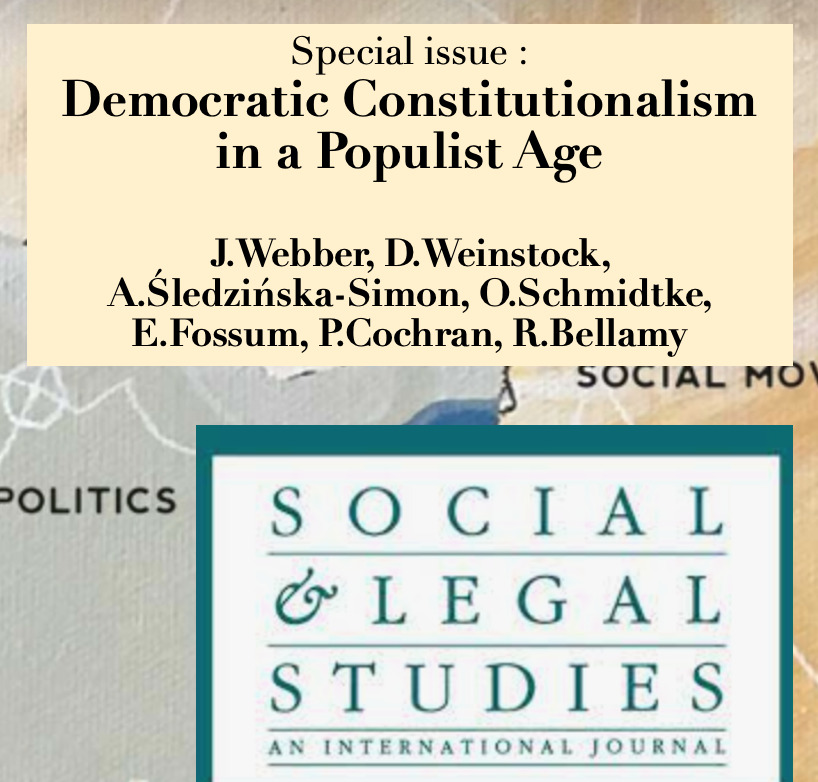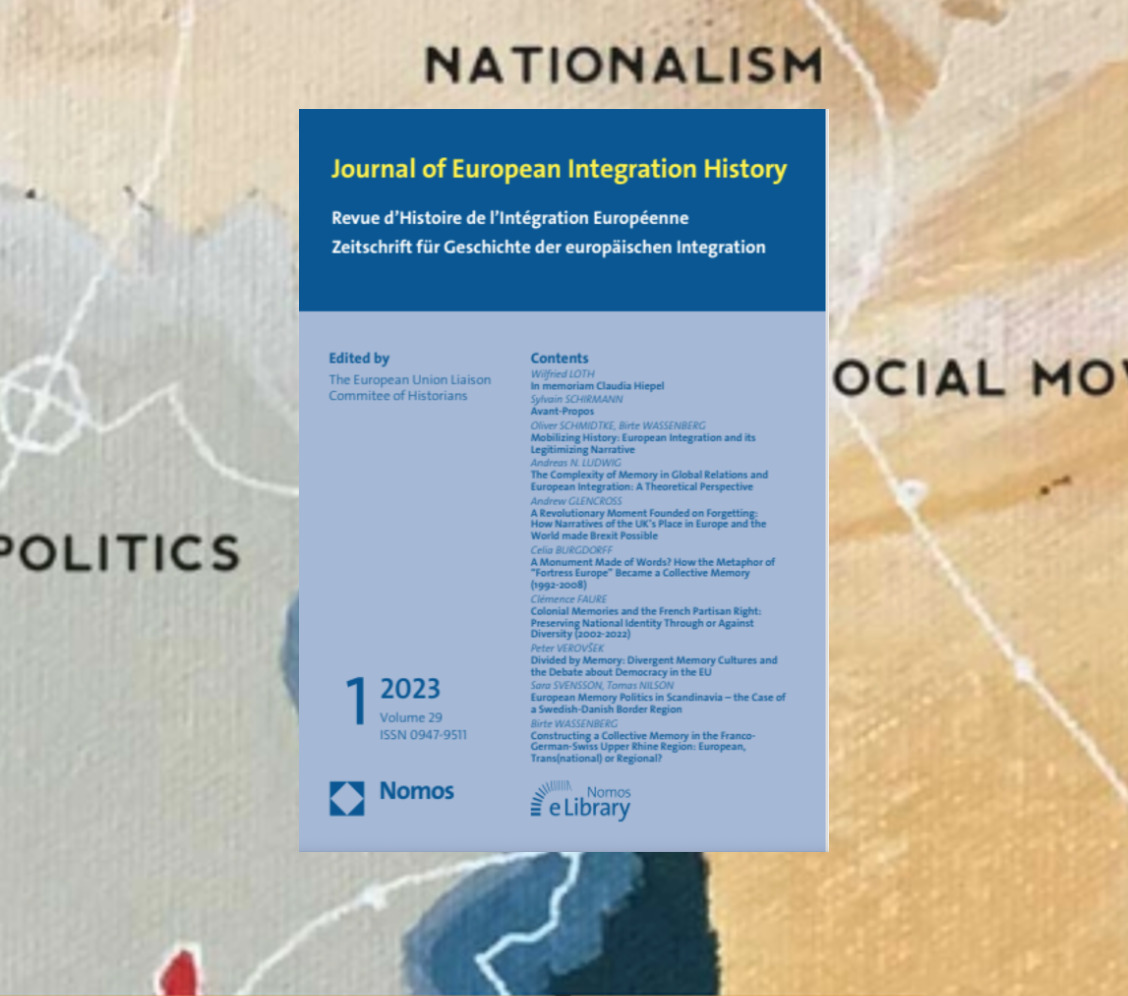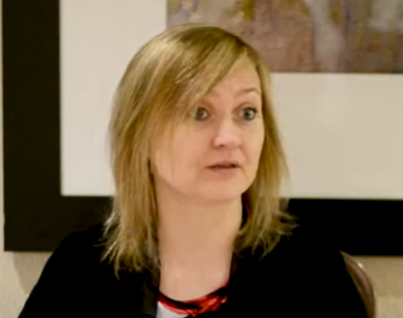Dr. Michał Stambulski: The (Im)Possibility of Populist Jurisprudence. Lessons from Poland
Michał Stambulski (Centre for Legal Education and Social Theory, University of Wrocław) participated in the international conference “Constitutionalism in the Age of Populism”, March 6-8, 2020. He gave a paper with the title: “The (Im)Possibility of Populist Jurisprudence. Lessons from Poland”.
In his paper, Stambulski notes that media discourse and scientific literature tend to agree that populism is challenging contemporary liberal constitutional democracies. Commentators also agree that the ‘new’ populism makes extensive use of the tools of constitutionalism. The question is whether populist constitutionalism is merely a communitarian correction of liberalism, or whether it is the beginning of a new constitutional order. One of the symptoms allowing us to talk about the emergence of the new legal order would be the establishment of a ‘populist’ jurisprudence. Such jurisprudence would ensure the operationalization of the populist discourse, i.e. its translation into the daily practice of judiciary (acts of governance).
In order to be jurisprudential, populism needs to introduce some changes in the concept of law. Such changes can be analyzed on three levels: the way the populist government perceives the legislative process, the vision of the international order, and the discourse on rights. The first two levels are already quite well researched. However, it is the third one that seems to be of paramount importance for the operationalization of populism. This is because rights constitute a link between the individual, the community and the state. At the same time, they shape individuality and allow it to act. As pragmatist legal theoretician Michael Sullivan has skilfully captured rights ‘are tools by which a society protects its citizens against unwarranted interference from the state or tyrannical majorities’ {Sullivan2007 p. 98-99}. Changes in the concept of rights would indicate a change in the political imaginary that defines what a given community is, what its relationship with the individual is, what constitutes a threat to it, and what is perceived as an abuse of power. The more coherent the imaginary, the more theoretically developed the concept of law should be. Despite the fact that at the moment it is not possible to talk about the development of populist jurisprudence doctrine, perhaps a careful analysis of the decisions of the Polish Constitutional Court (the PCC) will allow us to indicate the first signs of its formation.
Since the parliamentary elections in 2015 and the subsequent change in the personal composition of the Polish Constitutional Court, this institution is experiencing a crisis. The PCC, once one of the main guards of the rule of law and a model for the constitutional judiciary in the region of Central and Eastern Europe, is slowly losing its prestige and a privileged position. Criticism coming from both political parties and the media, the decrease in applications for an examination of constitutionality and in the number of decisions issued, coupled with negative appraisal by domestic and international legal scholars, testifies to the ongoing delegitimization of this institution. At the same time, looking at the judgments of the PCC, we can see a desire to translate the discourse of populism into established legal categories. What is at stake in this process is the legitimacy of the emerging populist system of power.
Stambulski’s paper discusses two rulings of the Polish Constitutional Court. The first case is from 2017 and concerns the right of assembly in connection with the introduction of a special category of ‘cyclical assemblies’. The second one, from 2019, regards the so-called ‘printer case’, which concerned the possibility of refusing to provide a service for reasons of conscience (a refusal to print a poster because of opposition to ‘LGBT ideology promotion’). The aim of the analysis is to answer the question of whether the jurisprudence of the current PCC is the breaking or continuation of the previously dominant liberal constitutionalism. I will be particularly interested in whether these decisions introduce any changes at the level of possible rights holders (legal subjects), the introduction of new or changed scope of existing rights and new ways of resolving conflicts between rights. I will also focus on the resistance of legal categories and lawyers to populist discourse. In the face of the ‘new’ PCC, lawyers in Poland have developed resistance techniques that make it possible to undermine and at least temporarily stop the emergence of populist jurisprudence. These techniques are the direct application of the Constitution, the appeal to the European Court of Justice or the creative interpretation of PCC judgments.
Stambulski, during the conference, also participated in the video series on “The Rise of Populism” and accepted the invitation to respond to a bold question “What are the greatest challenges that populism poses to democracy?”.
In this video interview Michał Stambulski suggests that there are two ways of approaching this question. Agency driven theories consider populists as “villains” plotting to destroy democracy, while for the structural perspective populism is not a threat, rather more a sign of the inefficiencies of liberal democracy. Considering the latter perspective as more “interesting”, Stambulski elaborates on two positive effects of populism in Poland. The first effect is the “revival of politics”, as an increasing number of people is getting involved in public sphere discussions and politics.This is accompanied by a great mobilization against the populist government, notes Stambulski. The second effect is related to the quality of public discussion.
As a legal theorist interested in constitutionalism, Stambulski stresses the fact that thanks to populism, the constitution is not anymore “some kind of external object” that could only be interpreted by experts with technical knowledge. The crisis of the constitution that emerged with populism has resulted in an increased engagement of citizens from different political groups and lawyers, debating with each other on constitutional affairs. “So the constitution has become something more connected with our everyday political experience”, affirms Stambulski. “The fight is still on” and the outcomes are uncertain, adds the scholar. But now the citizens have realized that the constitution is something that you need to defend.
Short Bio
Michał Stambulski is an Executive Director at the Centre for Legal Education and Social Theory at the University of Wrocław and Associate Professor at the University of Zielona Góra. He was a visiting scholar at the Oñati International Institute for the Sociology of Law and the Faculty of Law of the New South Wales University. He is a practicing attorney.
Dr. Stambulski conducted empirical research on legal education in Central and Eastern Europe and is also involved in a grant from Polish National Science Centre concerned with the relations between legal and political constitutionalism. He published articles about constitutionalism, democracy, legal theory and education.
This video is part of the CEDoD project and was produced as part of the event “Constitutionalism in the Age of Populism”, which took place on 6-8 March, 2020 in Victoria, BC. CEDoD stands for “Canada Europe Dialogue on Democracy: Democratic Deficit and the Rise of Populism in Europe”. This project is co-funded by the Erasmus+ Jean Monnet Action of the European Union, the Centre for Global Studies, University of Victoria, the Social Sciences and Humanities Research Council of Canada (SSHRC), the Faculty of Law at the Eötvös Loránd University (ELTE), the Australian Government through the Australian Research Council and the University of Victoria: the Faculty of Law, the Centre for Global Studies, Vice President Research Office, Faculty of Humanities and the Faculty of Social Sciences. The European Union support for the production of publications does not constitute an endorsement of the contents which reflect the views only of the authors, and cannot be held responsible for any use which may be made of the information contained therein.









